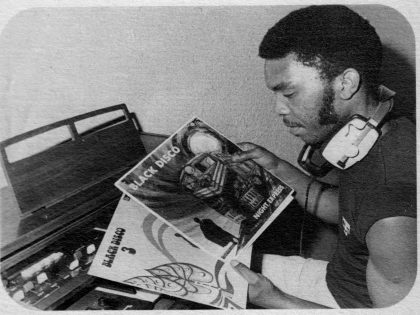The History of 'South African' Cinema
The Johannesburg filmmaker Cedric Sundstrom has been working on a documentary film on the history of cinema in South Africa. The South African-based movie review show “The Admiral and Akin” has put the trailer of Sundstrom’s film online. (That’s it above.) They also interviewed him on the show. You can only see the the episode trailer on Youtube.*
Anyway, I would love to see Sundstrom’s finished film. In Darkest Hollywood,” which came out in 1994 already.
Here‘s a link to an earlier three-part print interview with Sundstrom by the Gauteng Film Board about the broad outlines of that film history. We notice that cinema/film in South Africa’s earlier roots mimicks American and British cinema (segregated screens, Westerns dominated, etcetera; an American emigrant played a central role in developing a studio system in South Africa), that the industry focused exclusively on the lives of whites–“Boers and Brits”–in the first half of the 20th century, that Afrikaner cinema (heavily state-subsidized dominated after World War II), the emergence of anti-apartheid films in the mid-1960s alongside ethnic comedies and slapstick films, and finally the turn to Hollywood after Apartheid.
* On a sidenote, I have suggested the Admiral and Akin put the episodes of their show online as soon as it done broadcasting them on African satellite TV. Mainly for the the benefits of those living outside the continent. But even more since the show seems to be the only place where for example, director Zola Maseko would recently make this kind of public statement: “South Africa’s film industry remains the last bastion of white supremacy.”



















